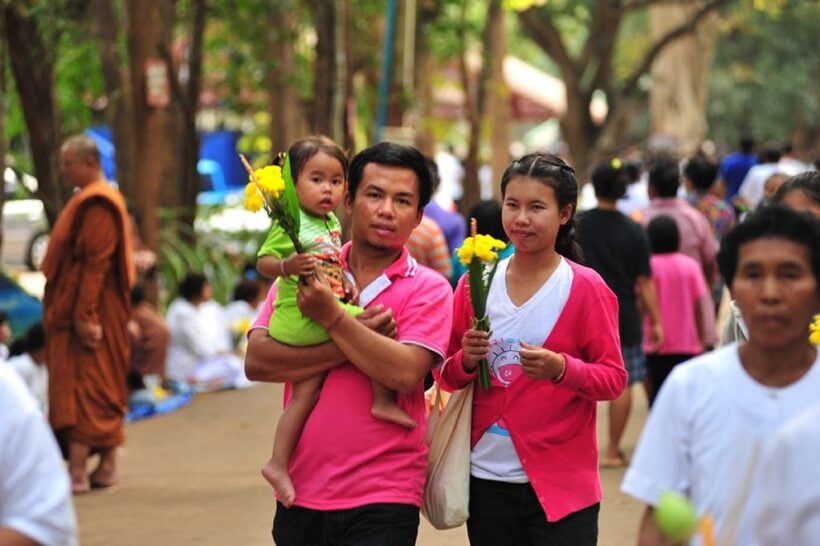Money can’t buy happiness in Bangkok – new study

by Chularat Saengpassa
Findings, from the “Integrative Thai Family Study Based on Family Life Cycle”, have been released and underline the importance of a work-life balance for Thais.
Families living in Bangkok are the least happy despite having the highest average income compared to people living in other parts of the country, a recent study found.
Long, exhausting commuting hours, little communication among family members and pollution appear to be the most common killers of happiness in the capital.
Elsewhere, financial problems are the main threat to happiness.
On average, a Bangkok family earns about 29,300 baht per month – much higher than families in other provinces – but the level of well-being is the lowest.
On a scale from 1 to 5, the well-being of families in Bangkok scores at just 3.59. In the Northeast, the average income per family stands at just about 10,800 baht a month, but their well-being score is 3.8, while families residing in the Central region (excluding Bangkok) earn 17,600 baht a month and enjoy a well-being score of 3.72.
Families in the North earn about 14,300 baht a month and score 3.74 on well-being charts, while those in the South appear to be the happiest, scoring 3.84 on the well-being scale and earning about 20,200 baht a month.
“They also remind relevant organisations that they should deliver help to people of certain age groups,” the project’s chief, Professor Rutja Phuphaibul said.
She pointed out that elderly widows were the least happy, followed by children who had to live |with relatives because their parents had to be away for work.
“Elderly people face the risk of going into depression and committing suicide. They need special attention,” Rutja added.
She also recommends that parents spend more time with their children.
Funded by the Thailand Research Fund and Mahidol University, the project studied family development, well-being and other related factors with the aim of helping pave the way for the introduction of measures to boost happiness and deliver better changes in society.
The study used nine indicators to determine family happiness, namely relationships, roles and duties, economic situation, self-reliance, community cohesiveness, spiritual development, education, healthcare and sufficient living.
‘Economic situation’ won the lowest score, reflecting that most people generally need some form of financial help.
“State welfare is still required,” she said.
Also, she said, when categorised by family type, the happiness score generally drops among families that have babies or a relative above the age of 80.
Read the rest of this story at The Nation HERE.
Latest Thailand News
Follow The Thaiger on Google News:


























